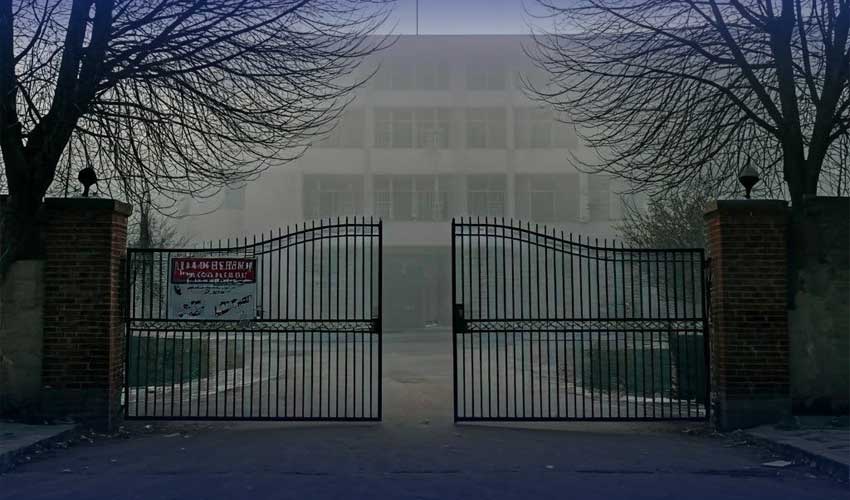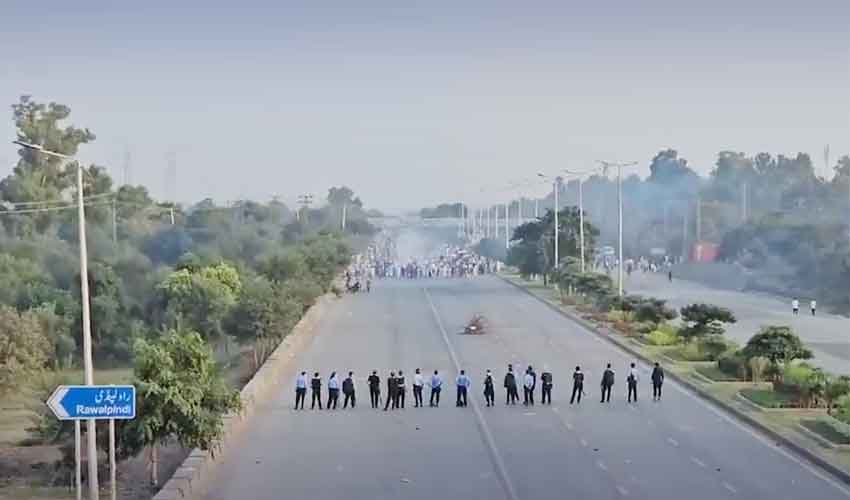A Delhi municipal minister has declared an indefinite hunger strike to demand more drinking water for India's capital, where taps in some of the poorest neighbourhoods are virtually dry in the sweltering heat, according to Reuters.
"There are 2.8 million people in the city who are aching for just a drop of water," Delhi Water Minister Atishi stated on Monday, the fourth day of her fast.
Every summer, millions of Indians confront water shortages as demand grows in fields, businesses, and homes against a limited supply, but this year's protracted heatwave has exacerbated the problem, particularly in Delhi and the southern tech powerhouse of Bengaluru.
The majority of Delhi's water needs are met by the Yamuna River, which slows down during the dry summer months, generating shortages that spark demonstrations and requests for increased water conservation.
Atishi criticized the nearby farming state of Haryana for consuming a considerable amount of river water.
The Haryana government stated that Delhi's mismanagement was causing water shortages. Experts said a federal review of decades-old water-sharing agreements was required to handle population growth.
Delhi, a city of 20 million people, is one of the world's most densely inhabited capitals, with posh suburbs and groomed lawns only a few miles apart from unmanaged working-class areas and slums.
However, despite increasing unplanned construction, the city's river water allocation has stayed constant since 1994, according to Depinder Kapur, director of the water programme at the think tank Centre for Science and Environment.
"What was true 10 or 15 years ago is no longer true. So, there is a dilemma, and it is a distribution issue," he explained.
The Delhi government is working on strategies to boost the groundwater table by reviving lakes and storing Yamuna water overflow during the yearly monsoon rains, but officials warn these steps alone would not be enough to address the summer shortfall.
"Water crisis in Delhi is a year-long crisis because extreme temperatures will not go away," said environmentalist Vimlendu Jha. "Delhi needs a comprehensive water management plan in which Yamuna can't be the only major source of water."



























